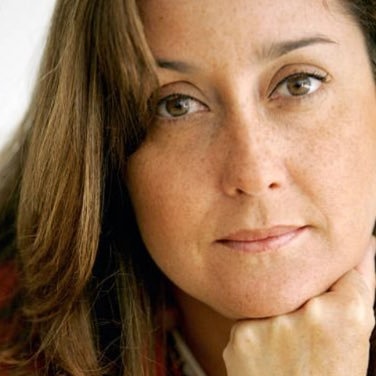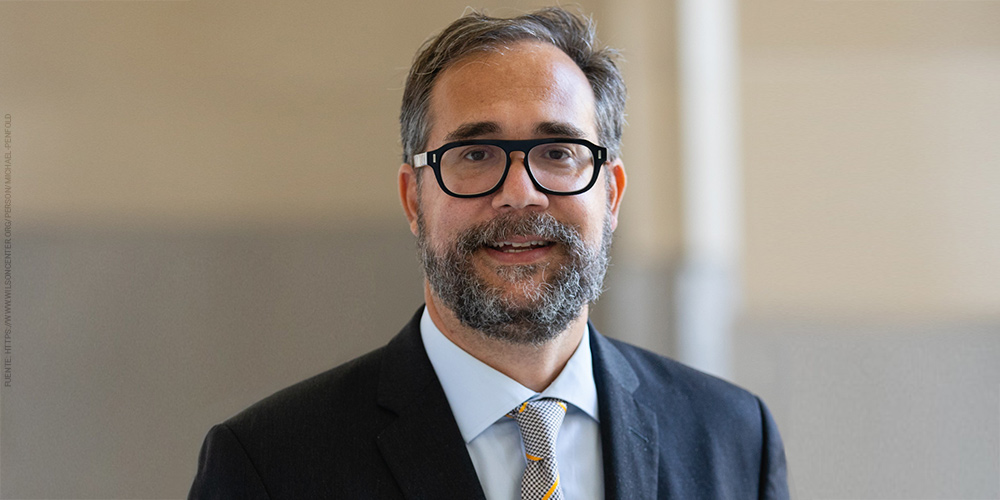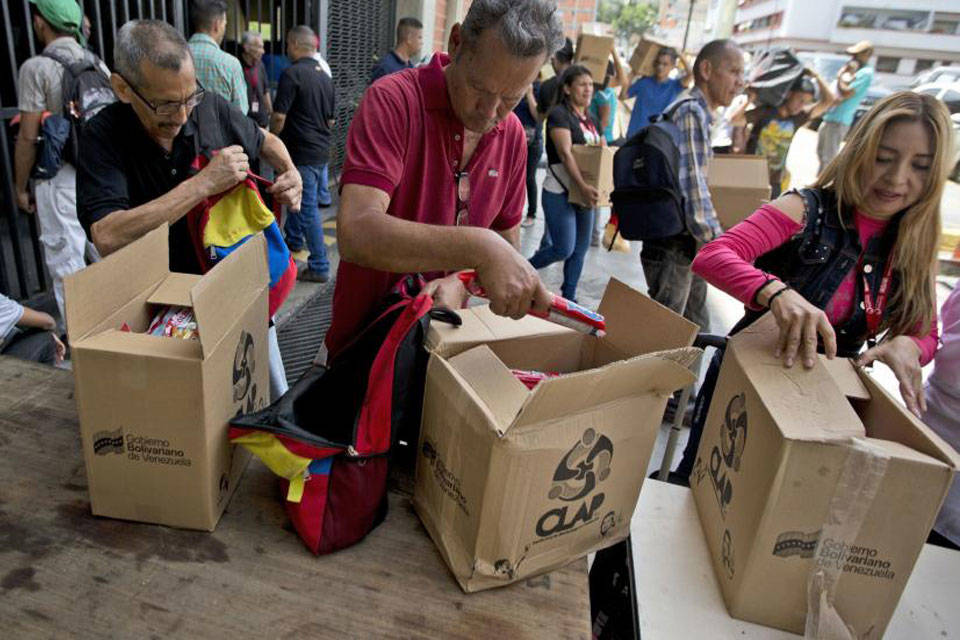On May 1, 2019, Hearts On Venezuela was born, a network of volunteers worldwide whose objective is to serve as a platform to translate and expand the voices of Venezuelans to the English-speaking world.
Hearts On Venezuela seeks to break down language barriers to denounce and disseminate Venezuela’s reality beyond its borders. Its international solidarity work involves connecting Venezuelan civil society with international civil society and international protection systems.
One of the first steps in achieving this goal was translating articles and reports prepared by Venezuelan civil society organizations from English to Spanish.
Codhez has selected Hearts On Venezuela as our “Defenders of the Month” considering their work in expanding access to organizations that defend human rights, provide humanitarian assistance, and fight inequality in Venezuela.
What motivated the idea of conceiving a platform like Hearts on Venezuela?
“Humanity is going through multiple crises that have severe consequences for our ability to live with dignity and well-being on this Earth. Situations that will worsen with time if not addressed now.
The particular situation that we are going through in Venezuela makes us face those realities that affect the global population while also trying to get out of dire circumstances that are unique to us: crimes against humanity, a complex humanitarian emergency, mass migration, and hegemonic authoritarianism that closes our civic space.
In this second layer of problems, Venezuelans feel relatively alone. These are not the current experiences of the majority of the world’s population. That is why we do not have the surge of transformative energy that occurs when the general population is united in the same destination. That force for social change that we want to accumulate to complement those that exist –with many obstacles– within the country is what we call international solidarity. We want people not directly affected by the Venezuelan situation to work with our democratic forces to generate solutions to problems that directly affect us in our daily lives.
But also, at Hearts On Venezuela, we find it extremely important to recognize that we are not alone in our experiences. Other populations have experienced similar and worse tragedies in the past, and they have built precious tools to fight such abuses.
There is history and struggle behind the Human Rights Council in the United Nations, the International Criminal Court, the humanitarian infrastructures that date back more than a century now, among many others. Venezuelan civil society has used these mechanisms that other people have left us to try to counterbalance what we suffer today. Our endeavor to make the work of civil society accessible in English has engaged in advocacy in these spaces”.
What does it mean for you to achieve greater visibility and awareness at the international level about the situation in Venezuela?
“Raising awareness at the international level means that we are treated as human beings. By obtaining this recognition as people living in a complex humanitarian emergency, under an authoritarian regime, suffering crimes against humanity, we seek alliances to effect transformative change upon Venezuela’s situation through the international public agenda.
We do not pretend that all the people in the world are experts on Venezuela. We seek that at least those interested in the international public agenda acknowledge the suffering of our population and focus their efforts concerning Venezuela on the well-being of our people. In addition, we are convinced that this can be done to benefit other populations going through similar situations or in the protection of folks at risk of suffering them in the future.
When the great flow of Venezuelan migration to South American countries began, such an awareness was achieved to some extent, which generated humanitarian action on the continent towards Venezuelans. When Colombians, Argentines, Chileans, Peruvians, and others learned first-hand about the traumas that push Venezuelans to abandon home, the regional awareness of the Venezuelan reality improved notably.
We do not have this same effect of consciousness by direct interaction outside of the Latin American region, where the most accessible language at the international level is English. Therefore, our effort has focused on translating into this language. It is not only to reach the United States and some European countries, no. Translating into English has allowed us to be read in China, Russia, Nigeria, India, Turkey, Trinidad and Tobago, 146 countries in total. We are proud of this achievement, but that does not mean that our activism has generated change on the ground, for which there is still much to be done”.
What has been the reach of your work and the impact on your readers?
“So far, we have been read in 146 countries around the world, and we have had more than 40 thousand people visiting our website. That’s a lot of people who have learned about the Venezuelan situation and the efforts of civil society. We aspire to continue growing and having more impact”.
What experiences or achievements stand out as a team since its founding?
“We have published 850 articles in English about Venezuela. Earlier this year, we translated a guide for journalists and communicators on how to cover migrations published by Efecto Cocuyo with the support of DW Akademie, which we aspire to be read by many journalists so that their perspectives support respect for the rights and dignity of migrants around of the world.
We offer interpretation services for live events via Zoom, which has allowed Venezuelan organizations to increase their impact by reaching new audiences. We have also translated several reports for Venezuelan civil society organizations to complement their international advocacy strategies with content that is more accessible to a more significant number of actors.
However, our most valuable achievement has been the support and follow-up that Venezuelans worldwide have given us. On Instagram, people outside the country share infographics that we produce on the Venezuelan situation to help educate their new communities.
With our #VenezuelanMigrants and #VenezuelansInVenezuela series, more than a dozen people have already shared their life stories with our readers. Little by little, over time, Hearts On Venezuela becomes a platform to build a community around creating a better world through our voice and experience. Venezuelans around the world have written to us to collaborate with illustrations, their photographs, writings. This is the best evidence that we have managed to create a platform that works for our autonomous and collective voice”.
What projects or goals are you planning to accomplish this year?
“In addition to the work we have been doing, we are focusing on creating links between Venezuelan civil society and international society to influence the international public agenda.”
How can people who wish to contribute to the work of Hearts On Venezuela?
“You can write to our email heartsonvenezuela@gmail.com or directly to Instagram @heartsonvzla with your proposal.”




